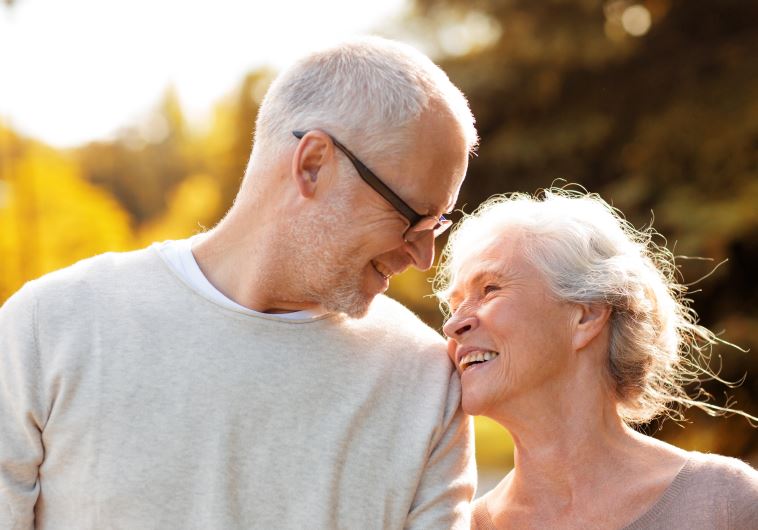Exercise reduces old peoples anxiety
Moderate exercise has been shown previously to help prevent and cope with illnesses connected to aging.
Physical activity helps reduce anxiety and raise self-confidence in the elderly, according to new research carried out by Prof. Eli Carmeli of the physiotherapy department at the University of Haifa.
Moderate exercise has been shown previously to help prevent and cope with illnesses connected to aging. Carmeli and Dr. Einat Kodesh decided to study whether exercise would also have an effect on anxiety in elderly mice.
They worked with two groups of mice aged 17 months, which is considered old for rodents and put them through an “open field test” which caused them to be anxious. A day later, mice in one of the groups were put through exercise on a track daily for three months, while the control group was exposed to the same noisy conditions and location but not allowed to run.

Cameras and a computer program were used to examine psycho-motor behavior connected to movement in an open space and measure the amount of anxiety, curiosity and self-confidence of the aging mice. The researchers found that those who had exercised were significantly more mobile than the control group and suffered much less from anxiety. Unlike those that didn’t exert themselves, they did not need medication, invasive treatment or any special medical care.
The researchers’ explanation was that exercise boosted brain activity by creating new synapses between nerves.
As a result, there was greater expression of brain chemicals that reduce anxiety. Carmeli said “it may be that exercise upgraded the physical fitness of the aged mice and that this also improved their self-confidence."
Moderate exercise has been shown previously to help prevent and cope with illnesses connected to aging. Carmeli and Dr. Einat Kodesh decided to study whether exercise would also have an effect on anxiety in elderly mice.
They worked with two groups of mice aged 17 months, which is considered old for rodents and put them through an “open field test” which caused them to be anxious. A day later, mice in one of the groups were put through exercise on a track daily for three months, while the control group was exposed to the same noisy conditions and location but not allowed to run.
Cameras and a computer program were used to examine psycho-motor behavior connected to movement in an open space and measure the amount of anxiety, curiosity and self-confidence of the aging mice. The researchers found that those who had exercised were significantly more mobile than the control group and suffered much less from anxiety. Unlike those that didn’t exert themselves, they did not need medication, invasive treatment or any special medical care.
The researchers’ explanation was that exercise boosted brain activity by creating new synapses between nerves.
As a result, there was greater expression of brain chemicals that reduce anxiety. Carmeli said “it may be that exercise upgraded the physical fitness of the aged mice and that this also improved their self-confidence."

0 Comments:
Post a Comment
Subscribe to Post Comments [Atom]
<< Home